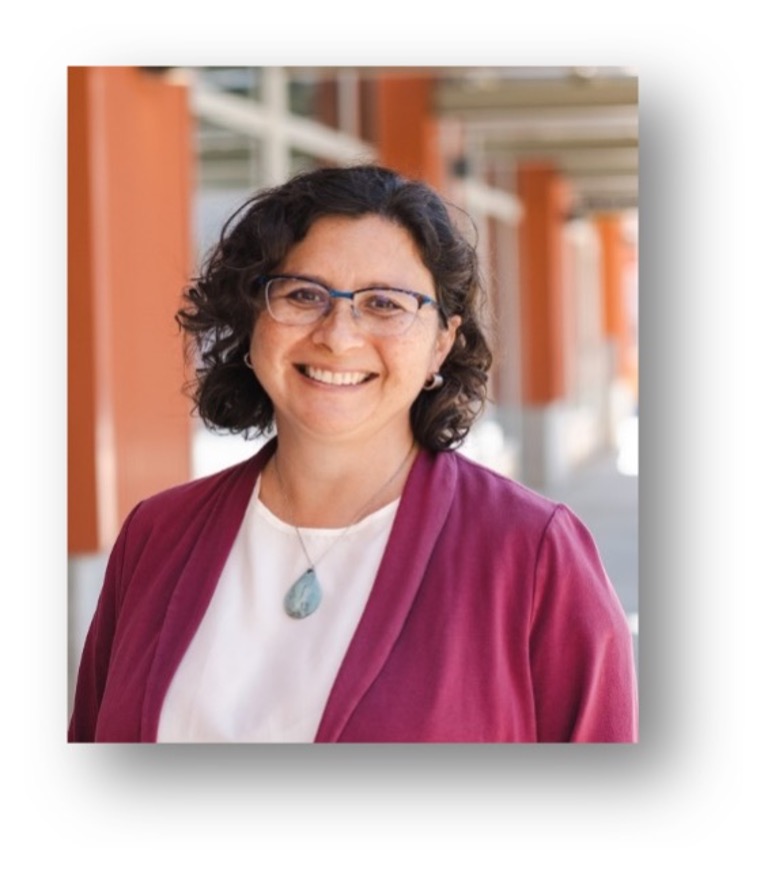News | PhD Students Present their Work at PSR Emerging Scholars Research Symposium
Stop the VideoNews

PhD Students Present their Work at PSR Emerging Scholars Research Symposium
Tuesday, April 5, 2022
by Jacob Wong, USC Master of Public Policy, 2023
On March 4th, the Pacific Southwest Region University Transportation Center (PSR) hosted its annual Emerging Scholars Transportation Research Symposium in partnership with METRANS on campus at USC. The event featured a mix of live and remote presentations from PhD students and researchers representing a number of universities affiliated with PSR.

Established in 2016, PSR receives funding from the US Department of Transportation under its University Transportation Centers Program. According to the agency, the purpose of these Centers, known as UTCs, is to advance the state-of-the-art in transportation research and technology and develop the next generation of transportation professionals. PSR is led by USC and includes seven partner universities across three states.
PSR began hosting the Research Symposium four years ago as an opportunity for students in member universities to share their research. This year’s installment marked a return to a live presentation format, after two years of a virtual format. Speakers shared their research before a diverse audience of students, faculty, researchers, professionals and interested community members. In addition to the in-person element, several researchers presented their work remotely over a live Zoom feed, and audience members were both in-person and on-line.
The event began with a welcome address by METRANS director Genevieve Giuliano, followed by research presentations, which were grouped into three general categories. The event was capped off by Keynote Speaker Dr. Karl Kim, Professor of Urban and Regional Planning from the University of Hawaii, Manoa, who spoke on Transdisciplinary Approaches to Resilience.
Each research topic featured three to four research presentations followed by discussion with the audience.

The first presentation group, titled “Emerging Factors Affecting Mobility in Urban Areas,” featured remote presentations by two researchers affiliated with UC Davis, as well as a live presentation by USC PhD student and PSR’s Outstanding Student of the Year, Zakhary Mallett. Mallett, who previously served as a director for the San Francisco Bay Area Rapid Transit District (BART) before coming to USC, presented his research on equity and cost effectiveness in rail transit fare policies.

The second presentation group discussed the impacts of autonomous vehicle (AV) innovation on future transportation. This session featured two presentations by PhD students from UCLA discussing platooning strategies and a travel demand model for AV use. These presentations were followed by USC PhD student Fernando Valladares Monteiro, who discussed safe lane changing using AVs and impacts on traffic flow. To finish off the segment, Muhammad Waqas, a PhD student the USC Viterbi School of Engineering, presented on a model he had developed to determine a safe design for AV vehicles given existing safety, speed, and regulatory constraints.

The speakers for the final research topic, “Disaster and Pandemic Preparedness in Hawai’i,” and keynote speaker Dr. Karl Kim gave their presentations over Zoom, as they were affiliated with the University of Hawai’i at Manoa and had remained remote. The presenters discussed interventions and preparedness measures that the State of Hawaii could implement in its transportation infrastructure in response to natural disasters ranging from tsunamis to the Covid-19 pandemic.
To conclude the event, Dr. Kim gave a presentation titled, “Transdisciplinary Approaches to Resilience,” in which he discussed advancements in transportation systems and disaster preparedness in the Hawaiian islands based on his own experiences as a planning professor at UH Manoa and the Executive Director of the National Disaster Preparedness Training Center.

Kim noted the unique challenges the islands faced due to man-made issues and effects from climate change, and he stressed the importance of advancing equity and social justice in future planning efforts. Kim noted that these efforts would need to come through collaboration across disciplines. “We need more people who are willing to tackle complicated problems looking across the Sciences and Social Sciences…there’s lots of room for innovation, experimentation, and challenging the status quo,” said Kim.
Out of all the researchers and audience members who attended the research symposium, the event’s most significant beneficiaries were likely the PhD students themselves. As Giuliano noted in her opening address, the symposium gave presenters a unique opportunity to present their work to a diverse audience of different transportation backgrounds.
Mallett, PSR’s Outstanding Student of the Year, agreed with this assessment. “These are important events to help debut scholarship and receive initial feedback as we enter the academy,” he said.
Even for students who did not have an opportunity to present that day, the symposium provided valuable insight into the latest innovations in transportation planning across different fields of study. “It brings together different disciplines,” said Bonnie Wang, an Urban Planning and Development PhD student at USC Price who attended the event. “I don’t have any engineering background, so it’s good to hear about the work happening on their side as well.”
About the Author:
Jacob Wong is a first-year graduate student pursuing a Master of Public Policy degree at the Price School of Public Policy. He is curious about issues in urban policy and transportation planning. He is a recent LA transplant, and in his free time he enjoys exploring the area and the local food scene.
News Archive
- December (1)
- November (6)
- October (4)
- September (2)
- August (3)
- July (4)
- June (3)
- May (7)
- April (8)
- March (11)
- February (8)
- January (7)
- December (7)
- November (8)
- October (11)
- September (11)
- August (4)
- July (10)
- June (9)
- May (2)
- April (12)
- March (8)
- February (7)
- January (11)
- December (11)
- November (5)
- October (16)
- September (7)
- August (5)
- July (13)
- June (5)
- May (5)
- April (7)
- March (5)
- February (3)
- January (4)
- December (4)
- November (5)
- October (5)
- September (4)
- August (4)
- July (6)
- June (8)
- May (4)
- April (6)
- March (6)
- February (7)
- January (7)
- December (8)
- November (8)
- October (8)
- September (15)
- August (5)
- July (6)
- June (7)
- May (5)
- April (8)
- March (7)
- February (10)
- January (12)















